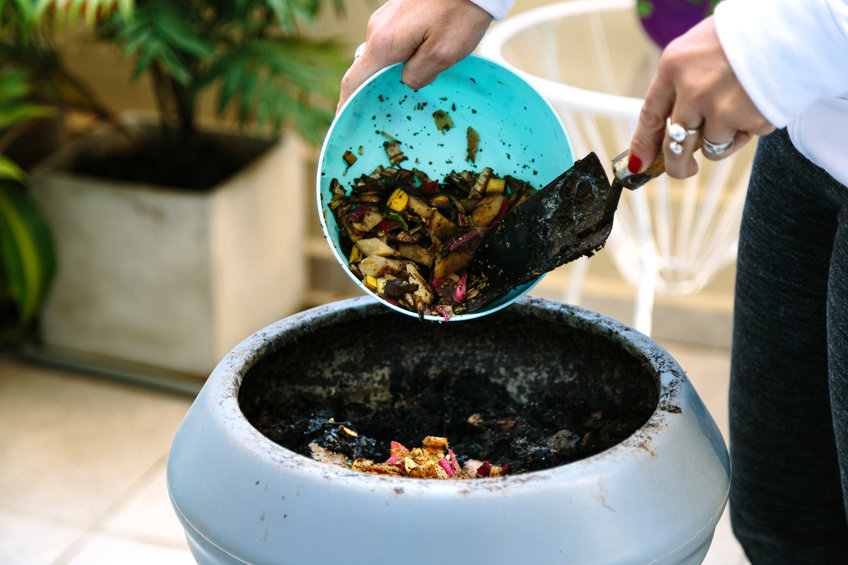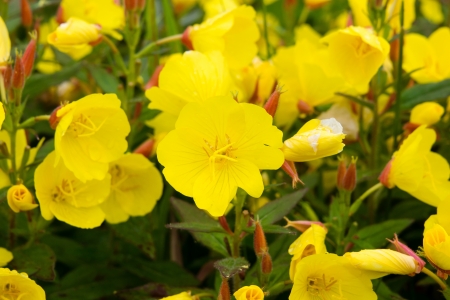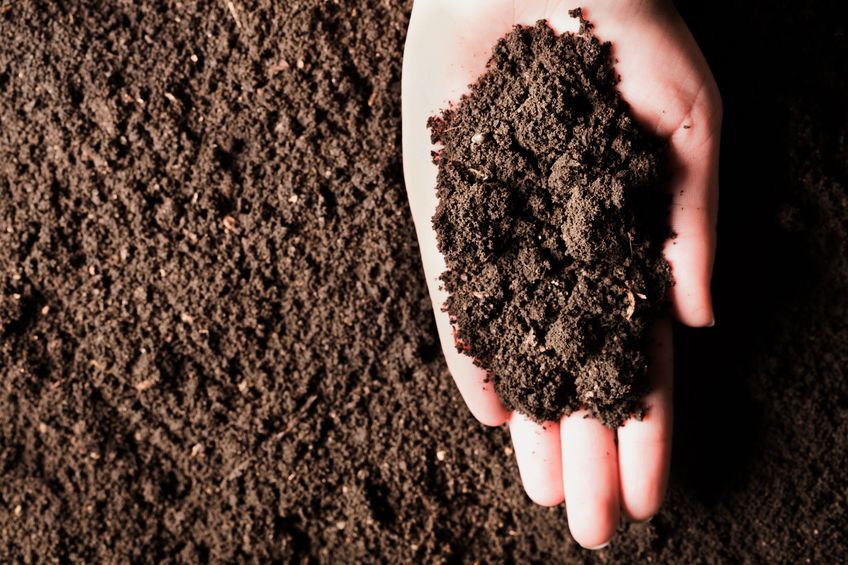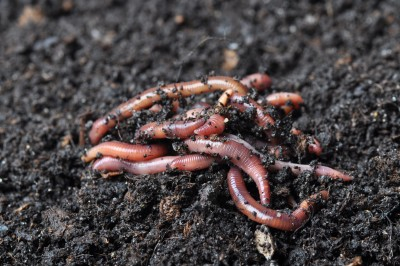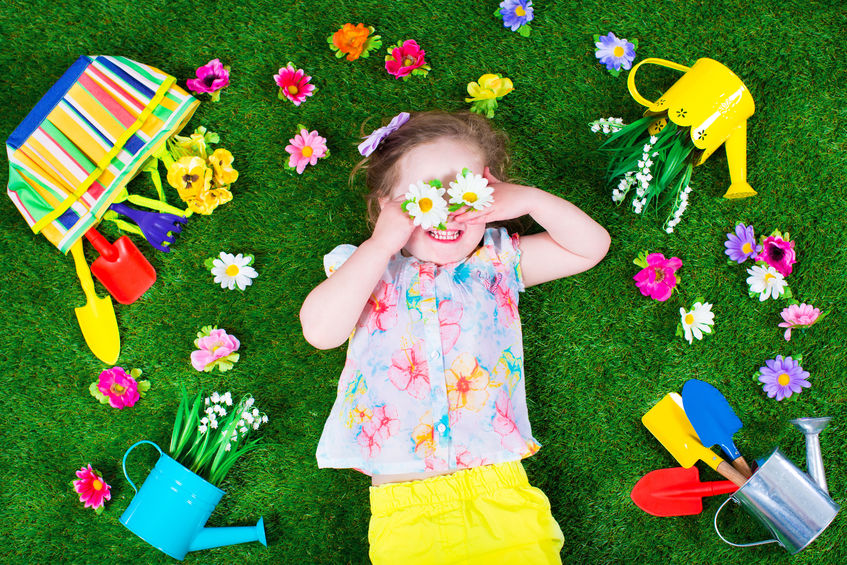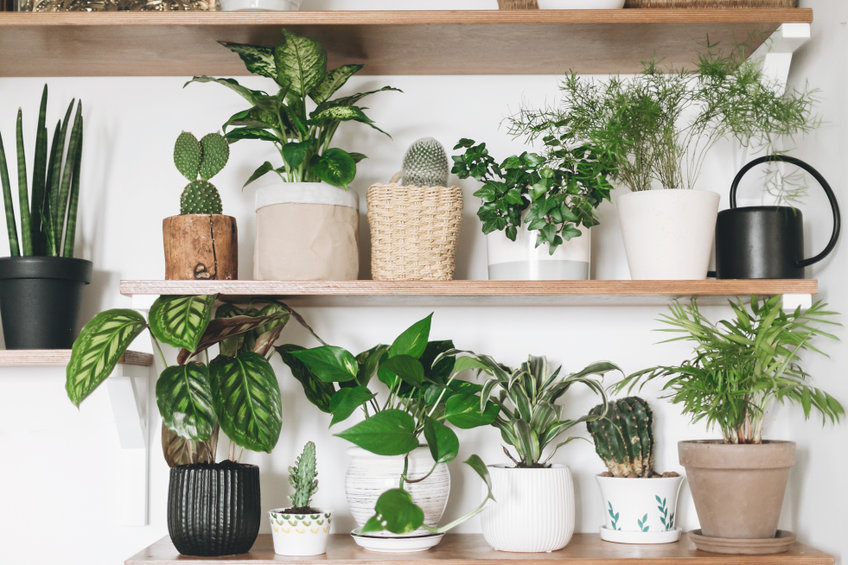Yard Work With Kids
Yard work with kids. Keeping up the yard is a full-time job, and most of us cannot afford gardeners. Instead, we enlist our children in the process. Lucky them. And lucky us!
Getting kids to help with yard work is usually easier than getting them to help with indoor chores. Kids love to be outside. They love to play in the dirt. They love anything to do with squirting water.
Some yard maintenance, such as mowing, requires no motivation. Kids love to handle anything that has a motor and the power to maim or kill them. Here's how to keep yard work safe for all involved.
Yard Work With Kids - Beware the Lure of the Lawn Mower
Kids, especially boys, are born with a love of lawn mowers. They're big, they're noisy, they're dangerous - what more could a growing boy ask for?
Therein lies the problem. Adults, especially moms, don't like lawn mowers for precisely the same reasons. Therefore, it suits both parties if older kids do the mowing, as long as a few safety precautions are observed.
No one under the age of 14 should handle a lawn mower, a weed whacker, a chipper-shredder, or other potentially dangerous, sharp-edged, debris-spewing machines.
Or, for that matter, pruners and other sharp-edged garden tools. And parents should never take kids for joy rides on a lawnmower. It gives them precisely the wrong message.
Mowers are not toys. Kids are apt to slip and fall under the blades. Don't even let kids near when you're mowing because the mower could spit rocks out, or you could also accidentally back over them. Send the kids (and pets) inside while mowing.
Yard Work With Kids - Playing Safe
While you're mowing, set a safe example, and always wear long pants, sturdy shoes (not sandals), gloves, and goggles.
Do not try to free objects that are stuck in the mower blade with your hand, even if the mower is turned off. There could be residual tension that will spin the blade once the object is removed.
Organic Gardening and Lawn Maintenance
Parents usually like having a lush green carpet of grass for their kids to play on. But just make sure that that carpet isn't poisoning your kids (and pets).
Some of the ways people grow such lush green lawns are with lots of fertilizers (to make it grow), herbicides (to keep out weeds), and pesticides (to kill bad bugs).
Do you really want your toddler (who puts everything he touches into his mouth) playing on that bed of chemicals? And even if your lawn is just for show and the kids never go near it, those chemicals wash off your lawn, down the gutter, and eventually into our water supplies.
If you garden organically, however, you won't need chemical fertilizers, herbicides or pesticides. Here are a few ideas:
Great Grass and Ground Cover
If you buy the right kind of grass for your climate and garden soil, you'll have denser, healthier grass that will choke out most of the weeds. You can also weed by hand. Or you could plant a groundcover such as chamomile or creeping thyme instead of grass - your call.
Natural Alternatives to Herbicides and Chemical Fertilizers
One natural alternative to commercial herbicides is applying a layer of corn gluten, which keeps weed seeds from germinating.
An organic alternative to fertilizer is merely leaving the grass clippings on the lawn after you mow. When the clippings decompose, they will return nitrogen to the soil.
If you insist on chemicals, be as safe as possible. Know everything you can about the chemicals you are using. Always store them out of reach of children. And never let kids help you fertilize or spread herbicides or pesticides.
Apply commercial fertilizers in late October after the kids have come indoors for the winter. This timing will also help the grass develop a healthy root system for the winter ahead.
Age-Appropriate Yard Work With Kids
As I mentioned before, mowing is not a safe chore for small kids. Instead of mowing, there are other, safer, ways kids can help with yard work.
Our job as parents is to figure out how to get them to help out with the kid-friendly aspects of yard work such as weeding, watering, or just picking up their bicycles.
For example, after an adult or older kid has finished mowing, younger kids can help gather up the grass clippings and take them to the compost pile. Kids are also great at edging - using a spade or special edging tool to outline a garden bed, driveway, or path.
One of the hardest parts of lawn care is keeping it from taking over the driveway and sidewalks. This is an excellent chore for kids because they're low to the ground, anyway.
Another task kids can usually do is operate leaf blowers - and they typically love to do so. These are safe to use, but tell kids not to aim them at anyone - including the poor dog or cat! Have kids wear a mask and earplugs when using them for safety's sake.
- Clean Home
- Backyard & Garden
- Yard Work With Kids





